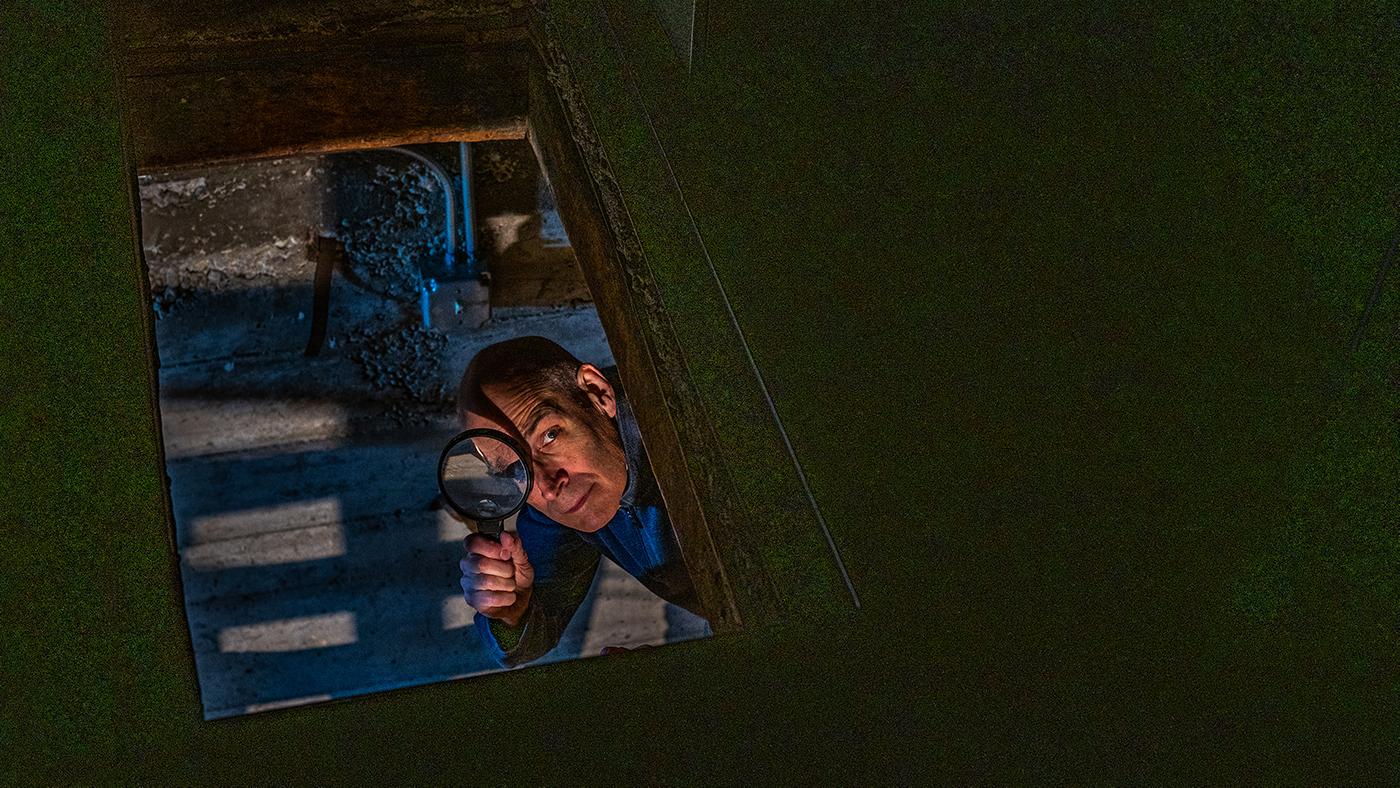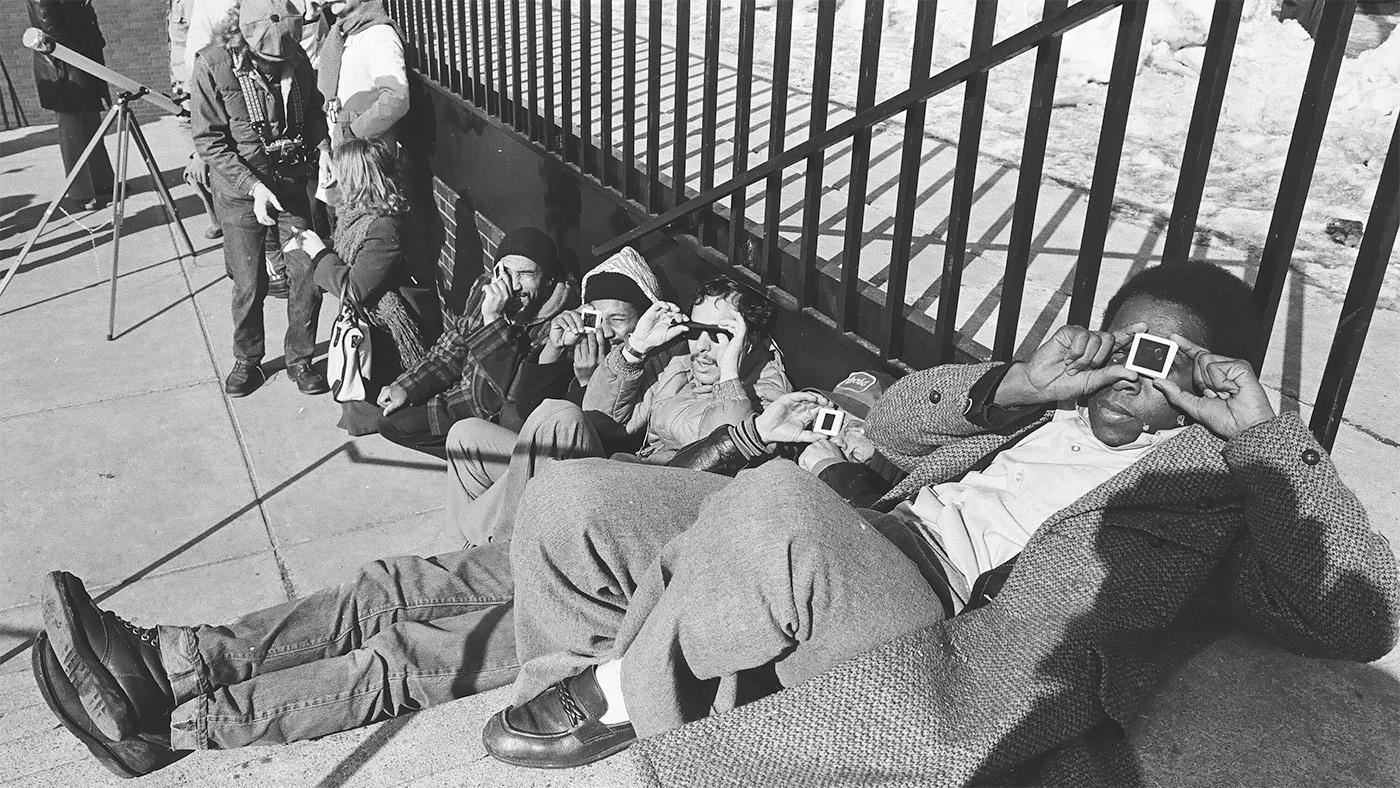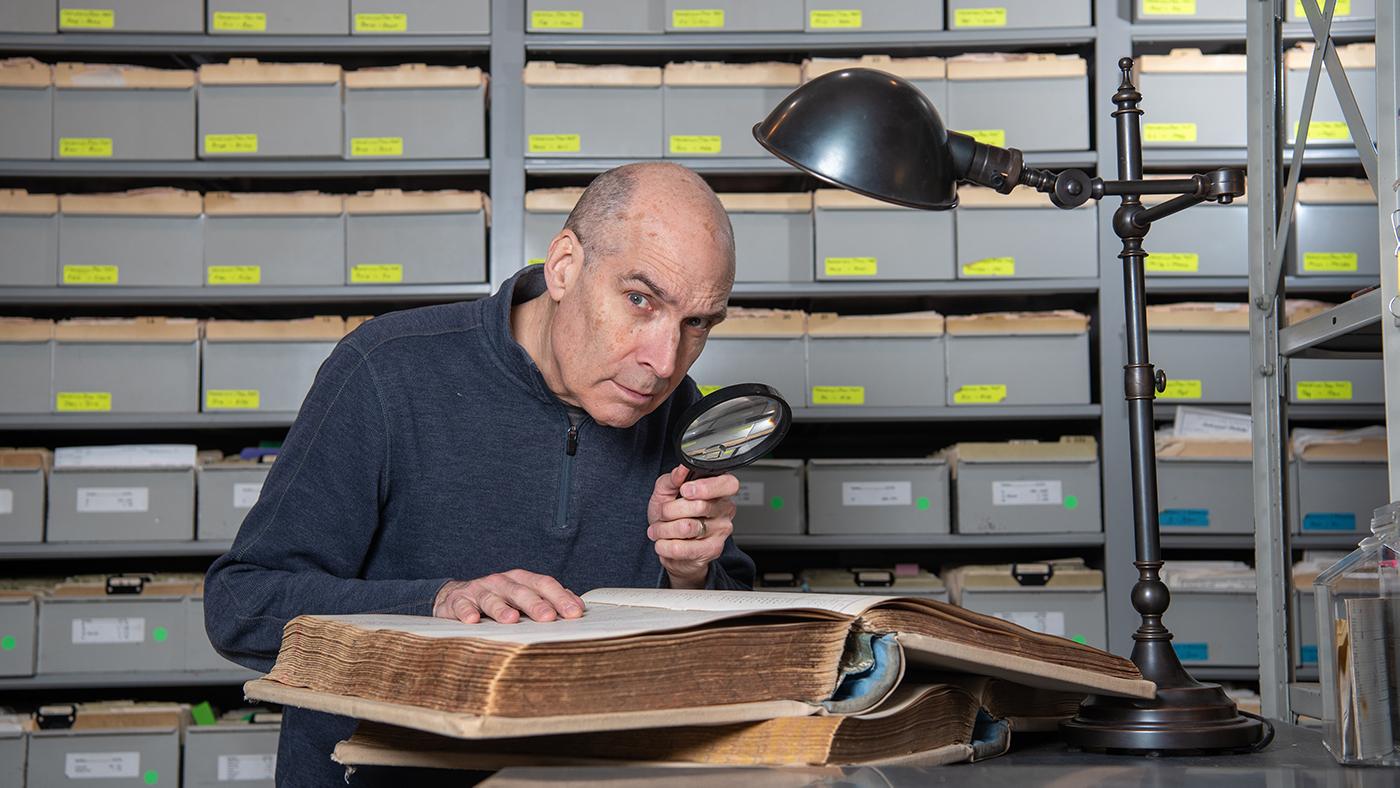"One of the Things Art Can Do For Us": 'Bel Canto' the Opera
Daniel Hautzinger
January 4, 2017

Bel Canto: The Opera can be streamed for free here.
The breakdown of communication is an all-too-common topic these days. So, an opera that depicts the transcendence of language in extreme circumstances is relevant and comforting. “It is a story where music triumphs, and serves as the one common language when no other language can be found,” composer Jimmy López told WFMT about his opera Bel Canto, which was premiered by Lyric Opera of Chicago in December of 2015. A recording from last January of Lyric’s production of the opera will be broadcast on Great Performances this January 13 at 9:00 pm.
Bel Canto is an adaptation of a 2001 novel of the same name by Ann Patchett. Inspired by a 1996 hostage crisis in Lima, Peru during which Marxist rebels stormed the residence of the Japanese ambassador’s house and held 72 dignitaries hostage for 126 days, the book centers on a fictional opera singer who is trapped with the officials.
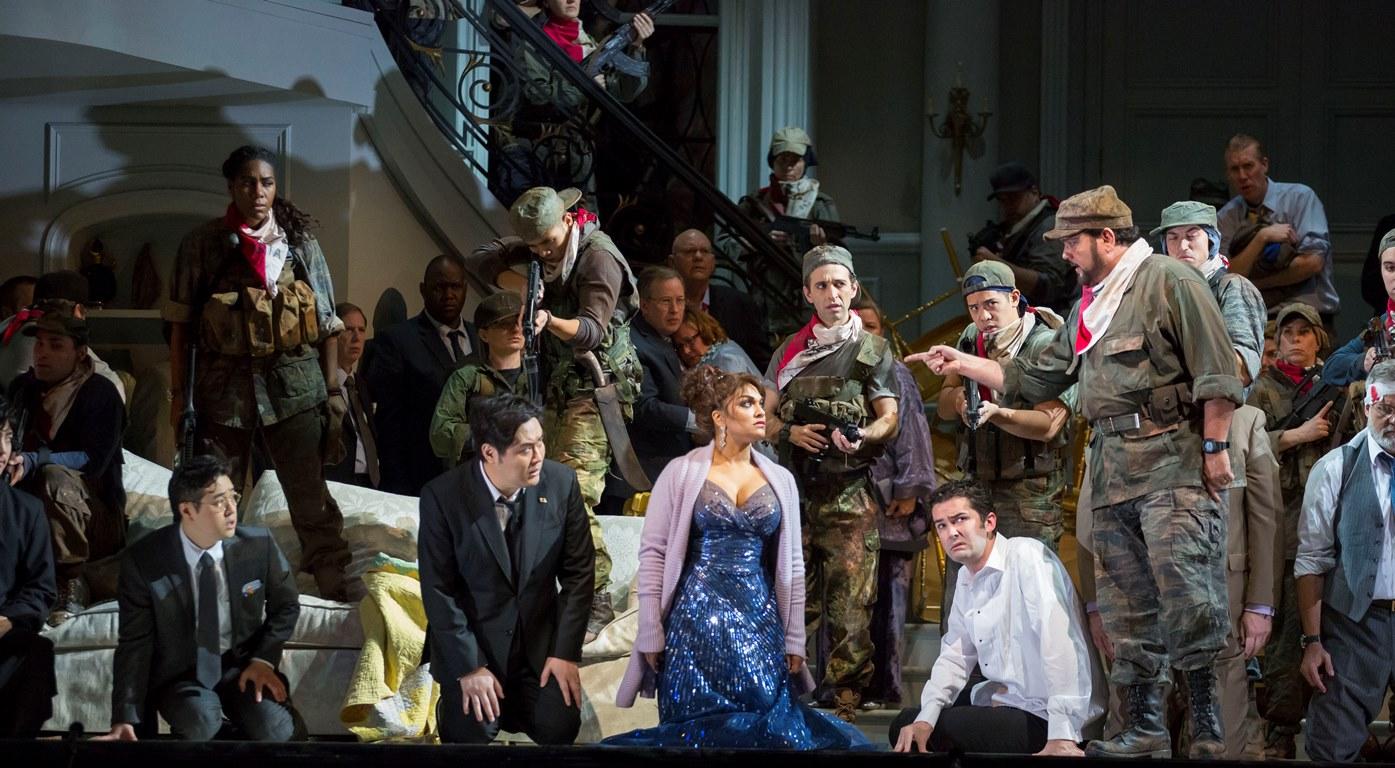
“The thing I love is that Jimmy López, the composer, he’s from Lima, and he remembers very well the event itself,” Fleming told Chicago Tonight’s Eddie Arruza when the set was first revealed. López himself said “I lived through all of these events, and Ann Patchett’s novel really captures a lot of the human drama.”
López received the commission after Fleming heard his music on YouTube. 30 years old at the time, he had never composed an opera before. Nor had the Pulitzer Prize-winning playwright Nilo Cruz, recommended by Fleming, written a libretto. But the two newcomers dove in, with the support of an accomplished veteran team.
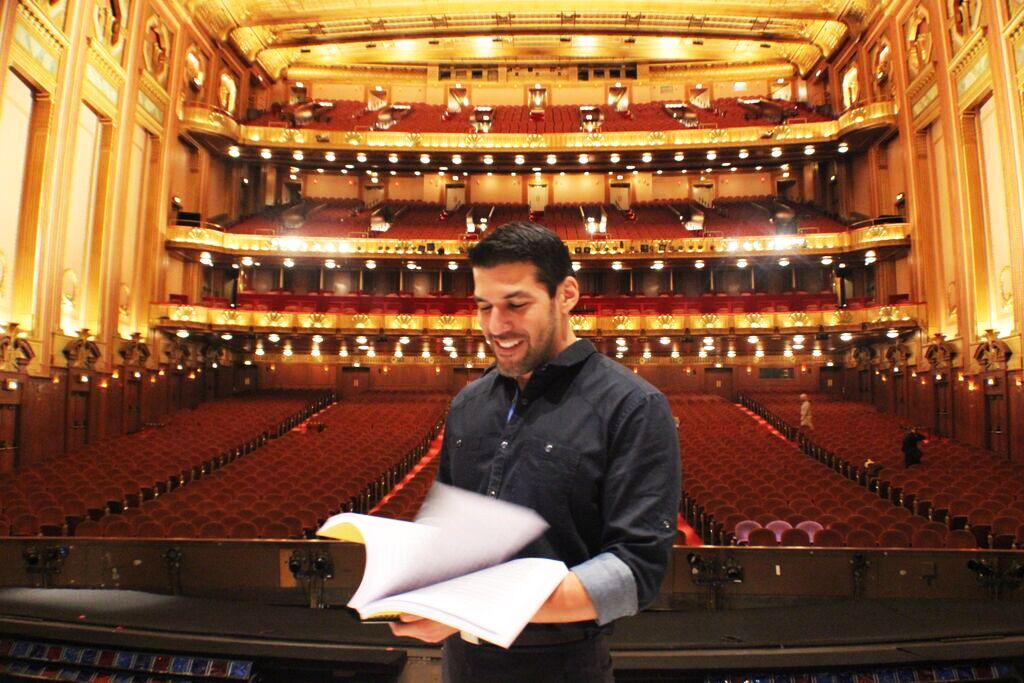 Composer Jimmy López at Lyric Opera of Chicago. (Hannah Edgar for WWCI)“The process of creating Bel Canto has been an extraordinarily collaborative one,” Freud told Eddie Arruza a few days before the premiere. “It’s Jimmy and Nilo’s first opera and they have been remarkably welcoming of and receptive to input and suggestions and advice from Renée and Sir Andrew, from me, from Kevin Newbury, the director of the production, from Danielle de Niese, the leading lady in the production.”
Composer Jimmy López at Lyric Opera of Chicago. (Hannah Edgar for WWCI)“The process of creating Bel Canto has been an extraordinarily collaborative one,” Freud told Eddie Arruza a few days before the premiere. “It’s Jimmy and Nilo’s first opera and they have been remarkably welcoming of and receptive to input and suggestions and advice from Renée and Sir Andrew, from me, from Kevin Newbury, the director of the production, from Danielle de Niese, the leading lady in the production.”
“[Opera]’s such an expensive art form and so complex, that any composer is lucky to get more than one [chance at it],” Fleming said. “Jimmy López has had an unbelievable learning curve, and he mastered it. I’m so impressed by him.”
Patchett similarly praised Cruz, telling Arruza, “I read the libretto. I thought it was so much better than the book… it’s gorgeous.”
De Niese is one of twenty principal singers in the opera, part of an unusually large cast that sings in eight different languages. She plays the diva Roxane Coss, who falls in love with a Japanese industrialist, played by Korean baritone Jeongcheol Cha.
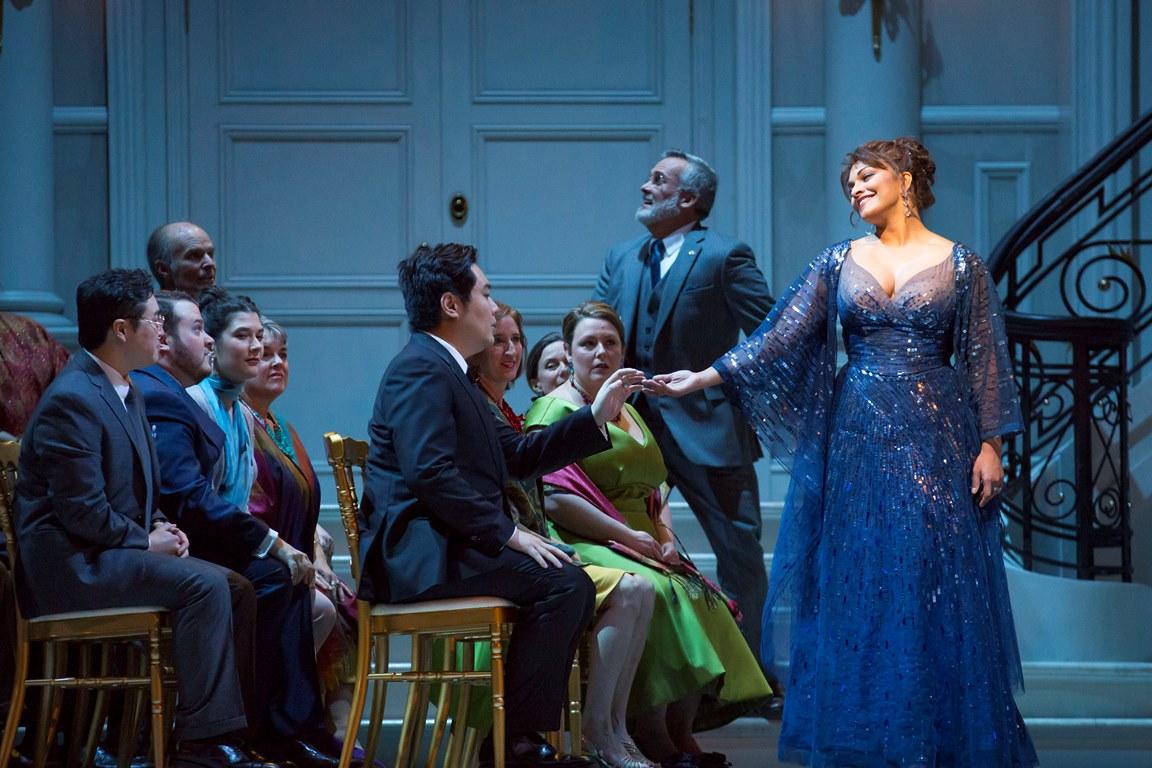
Coss, however, manages to be a unifying force. “There are a lot of people brought together by this horrible circumstance and they don’t have a way of communicating with anybody, with each other,” de Niese explained. “And then there’s an opera singer in the crowd, and she has music, and music is one common language that people can understand and be moved by.”
Asked about the significance of an opera depicting a hostage crisis in an era when acts of terror are distressingly frequent, Patchett said that “one of the responsibilities of art is to help us make sense of our time and our lives. To give us a way to discuss things that are going on in the world around us, and to see it through a different lens… I think that [Bel Canto] will help people discuss their feelings. That’s one of the things that art can do for us.”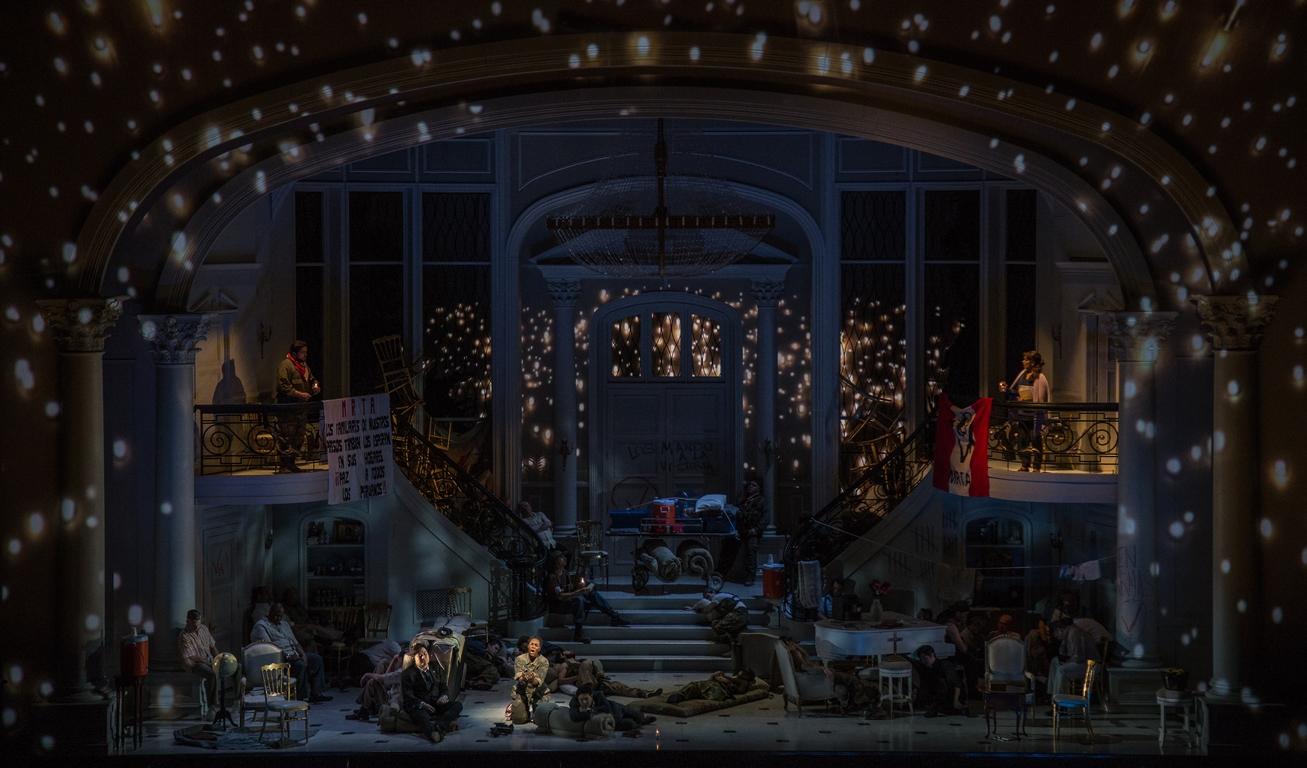 Andrew Cioffi
Andrew Cioffi

